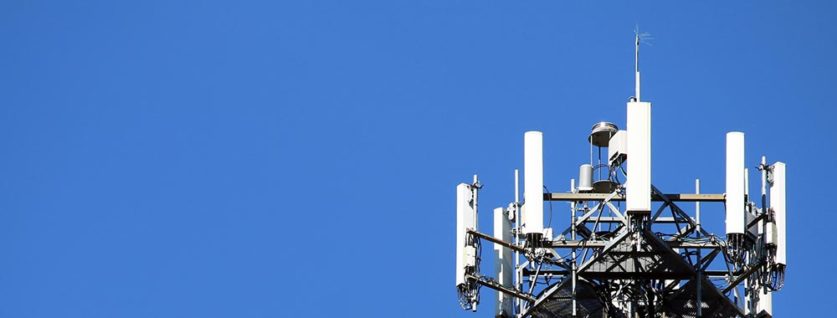
Mobile network Three will begin the £2 billion rollout of its 5G services in London in August, to will 25 cities by the end of the year.
Three’s fifth generation mobile network will initially be available as home mobile broadband in London, with customers using a mobile Wi-Fi device connected to Three in place of a fixed line broadband contract. The service will offer speeds comparable to fibre broadband connections, Three claimed, and unlike those, doesn’t come with installation wait times and long contracts.
The company will then roll out mobile 5G services in London and cities across the country. It anticipates 80% of its traffic will be routed over 5G networks within three years.
And that traffic will be increasing. UK consumers are expected to use 13 times more mobile data in 2025 than today. Three’s customers are already the hungriest, consuming 3.5 times more data a month than the national average. The network is currently the only one in Britain to offer unlimited, ‘all you can eat’ mobile data packages.
“It’s clear that consumers and businesses want more and more data,” said Dave Dyson, chief executive of Three.
“We have the UK’s best network for data and we have led the market on customer usage on both 3G and 4G technologies. We have worked hard over a long period of time to be able to offer the best end to end 5G experience. 5G is a game changer for Three, and of course I am excited that we will be the only operator in the UK who can offer true 5G,” he said.
EE launched its 5G services May 30 in six cities, and Vodafone will be doing so in seven cities on 3 July. But despite lagging slightly behind, Three may be uniquely positioned to surpass them. The operator, which owns the smallest slices of the 3G and 4G spectrum, has been snapping up cuts of 5G over the last few years. Three now owns around 144MHz in the 5G friendly spectrum, including a contiguous 100MHz block in the 3.4-3.6GHz band, which is ideal for launching a new service.
That also makes Three the only UK operator offering a “true” 5G experience, as defined by the ITU, the global standards body on 5G technology, the network boasts. The ITU says a full 5G experience requires 80 to 100 MHz of contiguous spectrum around 3.5 GHz, the prime bands for the fifth generation mobile network.
In comparison, rival Vodafone has only 50MHz of 5G spectrum. EE and O2 both own around 40MHz.
That means the speeds offered on Three’s 5G will reportedly be two times faster and more reliable than those offered on competitor’s 5G services. EE’s network is reportedly delivering download speeds of 100 to 150 Megabits per second (Mbps), meaning Three’s speeds should clock in at between 200 and 300 Mbps. 5G networks are theoretically capable to delivering speeds of 20 Gigabits per second (Gbps) but it will take some years before networks are ready to handle those speeds.
However, not everyone will be able to jump onto the network when it arrives in their hometown. You’ll need access to either a 5G smartphone or home broadband device to take advantage of it.
Three hasn’t yet announced details about the 5G handsets it will offer or pricing for its 5G home broadband and mobile products. Those details are expected in July. Among competitors, Vodafone is charging the same for its 4G and 5G services, while EE’s 5G costs a premium.
Below is a full list of cities where Three will be rolling out 5G services in 2019:
- London
- Birmingham
- Bolton
- Bradford
- Brighton
- Bristol
- Cardiff
- Coventry
- Derby
- Edinburgh
- Glasgow
- Hull
- Leeds
- Leicester
- Liverpool
- Manchester
- Middlesbrough
- Milton Keynes
- Nottingham
- Reading
- Rotherham
- Sheffield
- Slough
- Sunderland
- Wolverhampton




